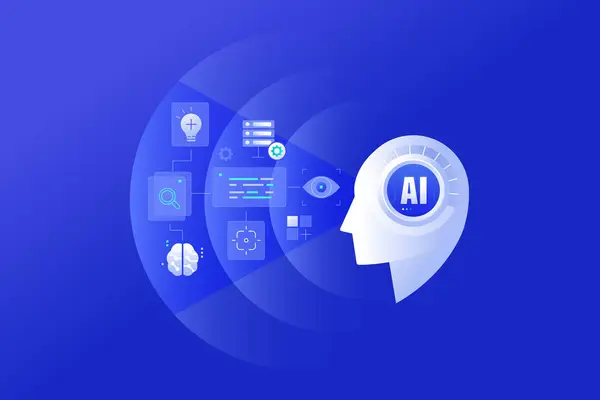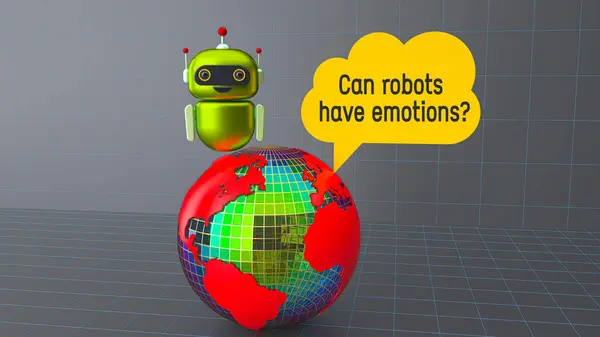
AI-Augmented Software Engineering: Transforming Development with AI
April 5, 2025
AI-AugmentationArtificial Intelligence (AI) is revolutionizing software engineering by automating coding tasks, enhancing development workflows, and improving software quality. AI-augmented software engineering leverages machine learning, natural language processing, and automation to help developers write, test, and deploy software more efficiently.
In this blog, we explore how AI is reshaping software development, the key benefits, and the challenges that come with AI-driven engineering.
Understanding AI-Augmented Software Engineering
AI-powered tools are transforming the way developers build applications. From intelligent code suggestions to automated bug detection, AI is optimizing every stage of the software development lifecycle.
Key components of AI-augmented software engineering include:
- AI-Powered Code Assistants: Tools like GitHub Copilot and Tabnine provide real-time code suggestions, improving productivity.
- Automated Testing: AI-driven testing frameworks detect bugs, generate test cases, and improve software reliability.
- Intelligent Debugging: AI identifies potential code issues, recommends fixes, and enhances debugging efficiency.
- AI-Driven Code Refactoring: Automates the process of optimizing and restructuring code for better performance.
How AI is Transforming Software Development
1. Enhancing Developer Productivity
- AI assists developers by auto-completing code, reducing errors, and accelerating coding speed.
- Automated documentation generation saves time and improves knowledge sharing.
2. Automating Software Testing
- AI generates test cases based on real-world usage patterns, ensuring robust testing.
- Machine learning models identify code vulnerabilities and predict potential failures.
3. AI in DevOps and CI/CD Pipelines
- Predictive analytics optimize build and deployment processes.
- AI-driven monitoring tools detect system anomalies and security threats.
4. Automated Bug Fixing and Code Optimization
- AI suggests fixes for bugs and performance issues, reducing debugging time.
- Refactoring tools help improve code structure and maintainability.
Challenges of AI-Augmented Software Engineering
- Bias in AI Models: AI-generated code may reflect biases present in training data.
- Security Risks: AI-assisted code generation may introduce vulnerabilities if not properly reviewed.
- Developer Adaptation: Engineers must upskill to work effectively with AI-powered tools.
Conclusion
AI-augmented software engineering is reshaping the future of development by enhancing productivity, automating testing, and optimizing code quality. Businesses and developers that embrace AI-driven development tools can streamline workflows, reduce errors, and accelerate software delivery.
At Raphus Solutions, we integrate AI into software engineering processes to drive efficiency and innovation. As AI continues to evolve, now is the time for companies to explore AI-augmented development and stay ahead in the competitive software landscape.
Featured Blogs

Artificial Intelligence (AI) is revolutionizing software engineering by automating coding tasks, enhancing development workflows, and improving software quality. AI-augmented software engineering leverages machine learning, natural language processing, and automation to help developers write, test, and deploy software more efficiently.

Quantum computing is poised to revolutionize industries by solving problems that are impossible for classical computers. By leveraging the principles of quantum mechanics, quantum computers have the potential to transform fields such as cryptography, artificial intelligence, drug discovery, and complex system simulations.

The world of work is undergoing a radical transformation driven by digital technologies, automation, and artificial intelligence. As businesses adapt to these changes, employees and organizations must rethink how they operate, upskill their workforce, and embrace new work models.